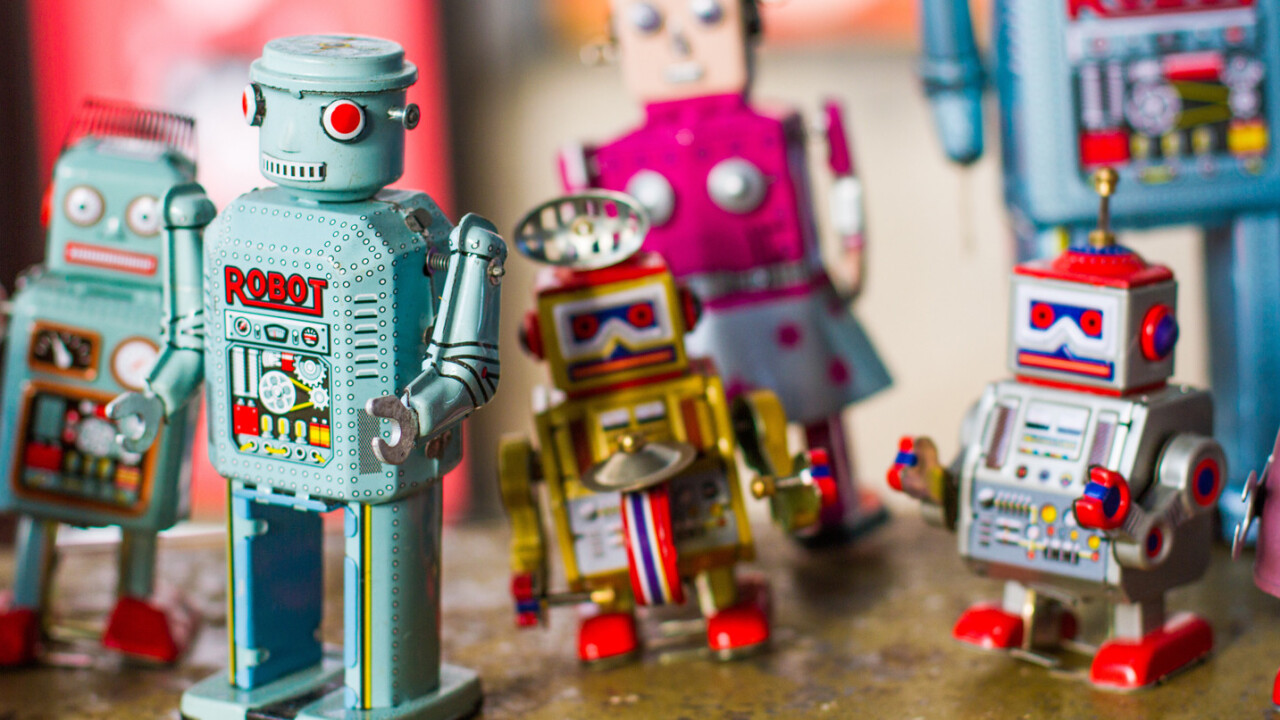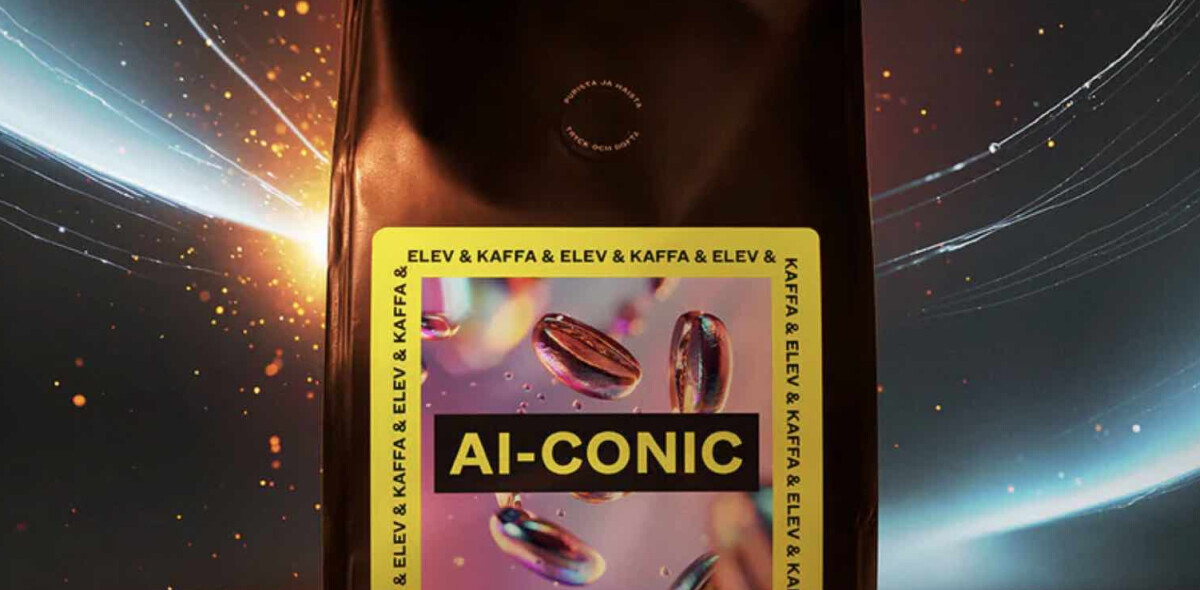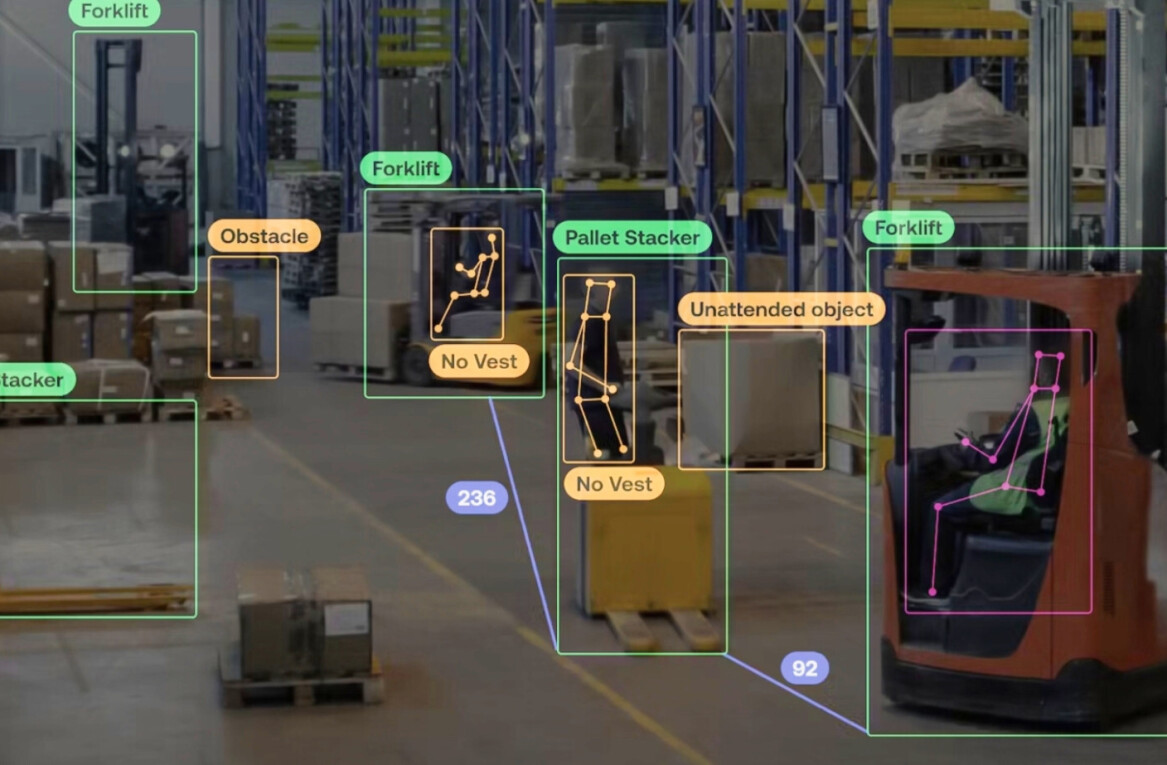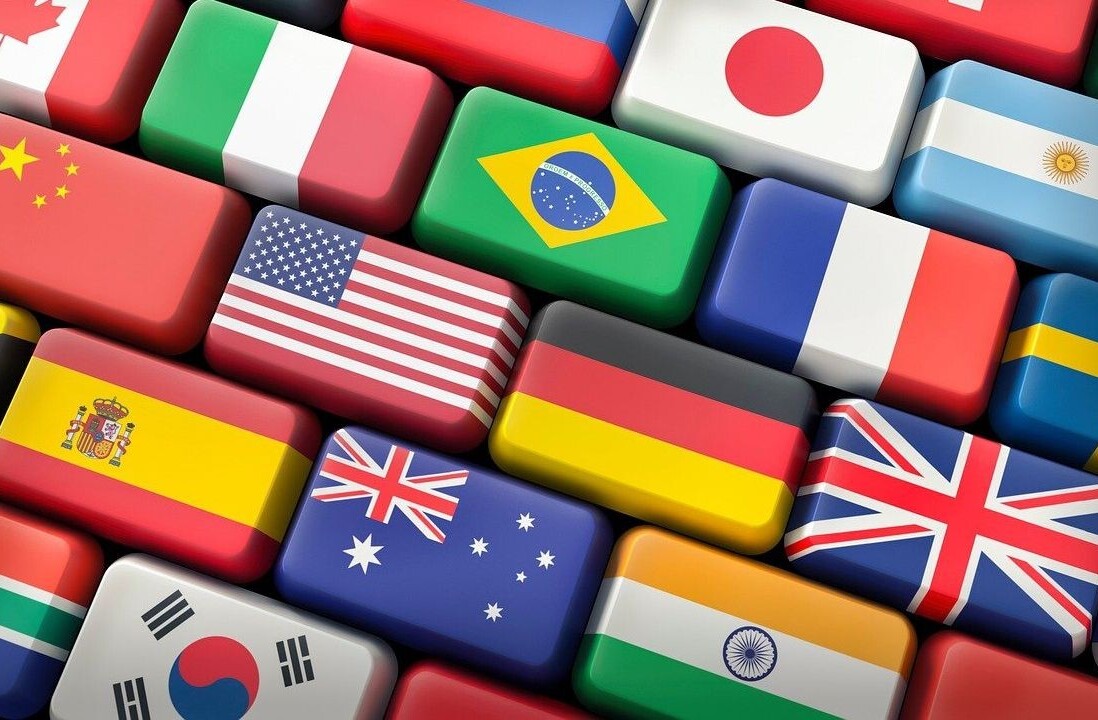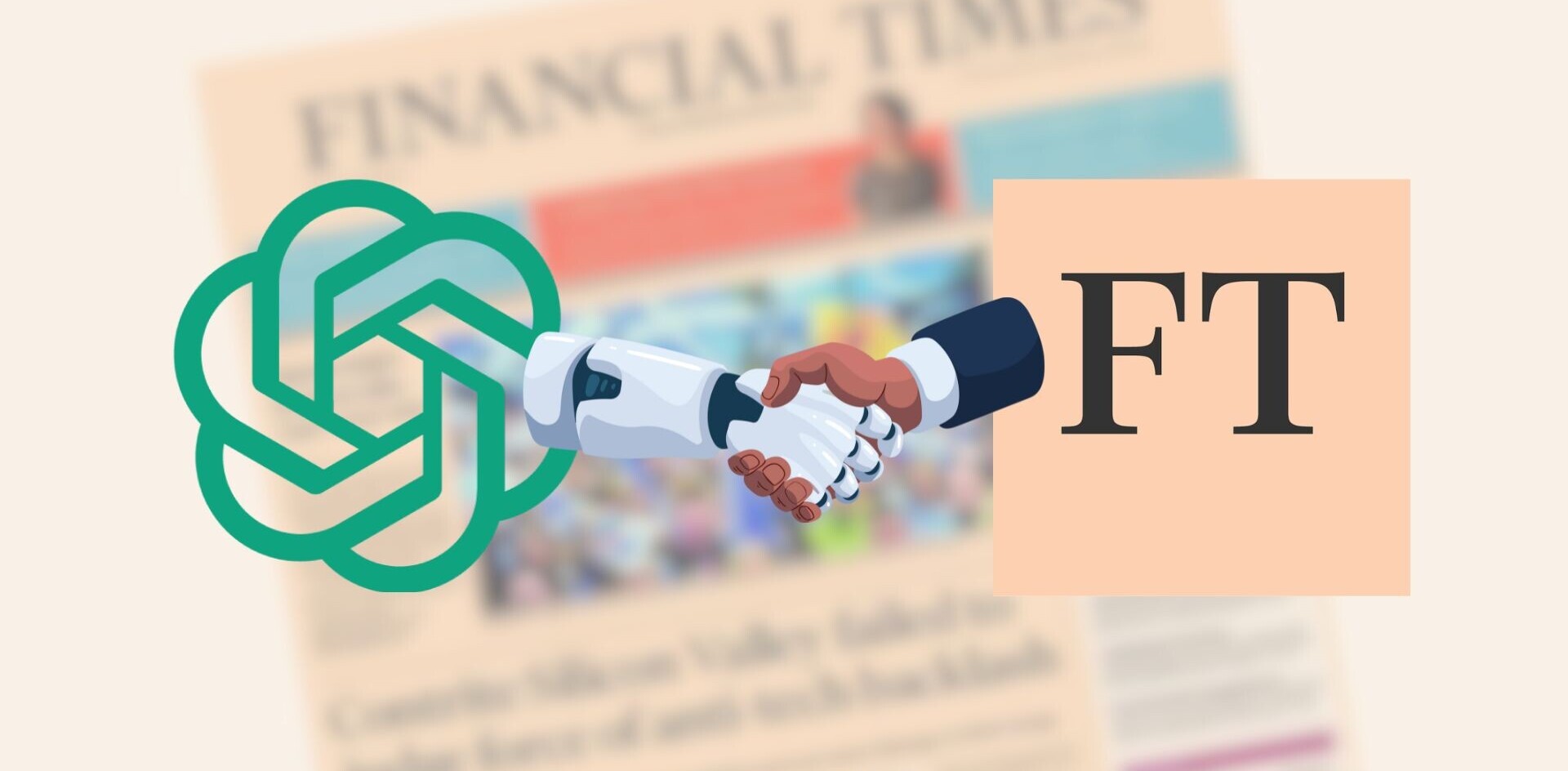A team of researchers from Las Vegas recently developed an AI model capable of judging a human pianist’s skill level. On the surface, it might not sound like the kind of breakthrough research that could change the world overnight. And it’s probably not. But it represents what could be a crucial component in a machine learning stack that could make the world fair for smart kids.
Education doesn’t work the same way for everyone. In the US, for example, most public school systems have programs in place to identify so-called “gifted” children. Unfortunately, there’s no consensus in academia or government as to what exactly constitutes a “gifted child” or how they should be dealt with. In essence, it’s a free-for-all where programs are often invented at the institutional level and implemented without oversight.
In some instances, children labeled as highest percentile learners are afforded access to tailored instruction. But this is far from the norm, especially in impoverished or low population areas. More often than not, gifted kids are forced to try and fit into traditional education paradigms.
This leads to a significant group of kids who spend more time waiting for the other children to finish than they do being educated. The answer, many experts would agree, is more one-on-one instruction. But budgetary and personnel restrictions make it unlikely that we’ll solve the problem of educating gifted kids through traditional means any time soon.
[Read: How this company leveraged AI to become the Netflix of Finland]
Which is why this paper on the aforementioned AI that can judge a human pianist’s skill is so interesting.
The team set out to determine if AI could accurately determine whether a human pianist is a skilled player or not. They sorted out that models trained with both video and audio outperformed those trained on a single input and then created a novel dataset. According to the paper, the team managed about 75% accuracy against human judges.
What’s most interesting about this AI project isn’t it’s potential to eventually become a human-level piano judge, but it’s potential as an information module in a one-on-one AI/student teaching paradigm.
Given the proper hardware set up this could be used to judge a human piano performance in real time. And it could probably be configured to provide instant feedback and even come up with on-the-fly recommendations for improvement. And all of this should be relatively simple using modern technology. You could even throw in a language model trained on teacher-student interactions and give it a name like “Piano Teacher Bot 3000.”
It’s easy to conceive the development of similar AI models for other school activities such as art and sports where human output is more easily quantified in the real world than the digital one. And, for things such as math, chemistry, and grammar an AI capable of answering their plain language questions and moving them along to the next lesson could help quicker students avoid constant boredom.
There’s nothing like this in the current digital one-way instruction paradigm. The current focus is on developing systems that work for most students and on preventing cheating – two concerns that don’t necessarily matter as much to the highest percentile learners.
An AI-powered real-time observation and feedback system would have the added benefit of learning from its own data loops. While long-term studies in the US on the efficacy of any given education paradigm are difficult due to general inconsistencies in the education system, a self-contained AI system could generate enormous amounts of useful data at a relatively small usage scale.
There are, of course, myriad ethical and privacy concerns involved in the idea of using an AI system to monitor and engage students.
But the upside could be enormous so long as it’s handled ethically. It’s far easier to put AI in classrooms than it is to solve the current budget and personnel crisis happening in US schools across the country.
Get the TNW newsletter
Get the most important tech news in your inbox each week.
